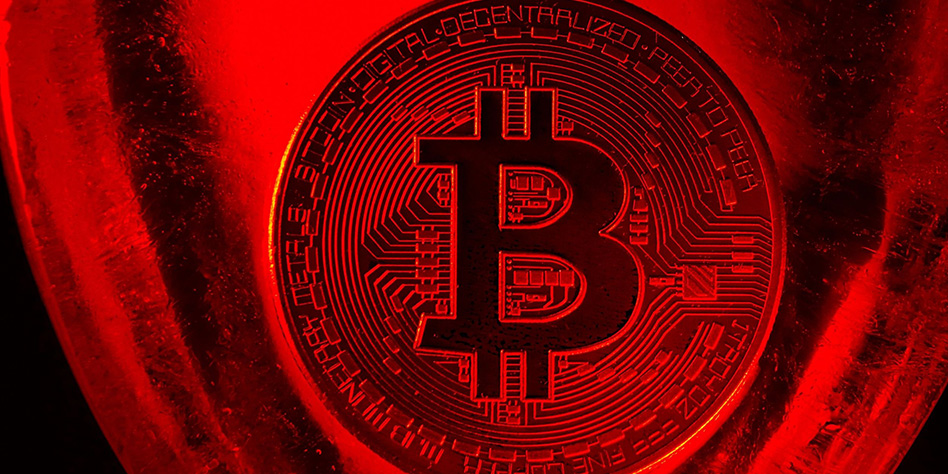
Between October 2020 and April 2021, cryptocurrency scams cost Americans over $80 million, according to Fool.com. More than 7,000 people reported losses to the Federal Trade Commission, with the average loss amounting to $1,900. As digital assets become more popular, it's no surprise that scammers are targeting crypto users. Below are common crypto scams and tips on how to protect yourself.
Fake or Imitation Websites
Some scam websites are nearly identical to legitimate ones, with URLs designed to deceive. For instance, a fake URL like “amazon1.com” mimics the real “amazon.com.” These fake websites often steal login credentials or payment details once users enter them.
Always double-check URLs and ensure they start with HTTPS and match the site you intended to visit.
Social Media Giveaway Scams
Scammers create fake accounts impersonating celebrities or corporate figures and offer crypto giveaways. Victims are tricked into sending a small amount of cryptocurrency or revealing their private wallet keys, only to lose their funds.
No legitimate individual or company will ever ask for your private keys. Always look for verified badges on social media accounts and avoid participating in giveaways that require upfront payments or wallet information.
Investment, Business, or Job Opportunity Scams
These scams typically begin with unsolicited emails promising quick returns or job offers. Victims are directed to deceptive websites and asked to invest or pay for "training." Once payment is sent, the scammer vanishes, and the promised opportunity never materializes.
Always be skeptical of offers you didn’t request. Reputable employers and investment platforms don’t require upfront payments. Don’t click on suspicious links and never share personal data in response to unsolicited emails.
Automated Trading Bot Scams
Some platforms promote automated bots that promise unrealistically high monthly returns. These often function like Ponzi schemes, paying early users with new investors' money. Once the scammers collect enough crypto, they shut down the site and disappear.
Be cautious if a platform guarantees returns that seem too good to be true. Always verify new services and use well-established platforms with transparent reputations.
Phishing and E-mail Scams
Phishing scams come through emails pretending to be from credible sources such as government agencies or financial institutions. They may promote fake ICOs or ask users to verify their accounts. Links in these emails often lead to malware designed to steal crypto or login credentials.
Phishing emails may mimic the branding of legitimate companies perfectly. Always verify the sender’s email address, avoid clicking suspicious links, and never share sensitive data. Beware of requests to confirm passwords, send seed phrases, or reset credentials through unknown links.
How to Stay Safe
If you ever doubt the legitimacy of an email, reach out to the company directly through official channels. Trust your instincts and never rush into any offer or transaction.
As an added layer of security, store your Monero in a secure wallet. XMRWallet is a trusted open-source Monero wallet that allows users to maintain full control over their coins and keys without downloading software. It’s anonymous, user-friendly, and completely free.
